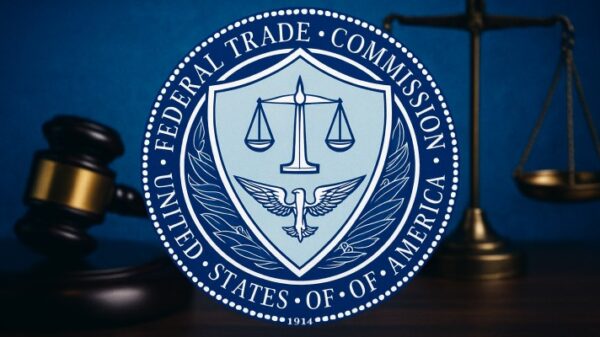BREAKING: Today marks the 25th anniversary of a pivotal moment in U.S. political history. On August 17, 1998, former President Bill Clinton delivered a televised address admitting to his inappropriate relationship with Monica Lewinsky, a former White House intern. This admission came after his grand jury testimony, which was broadcast from the White House via closed-circuit television.
Clinton’s confession during the live address was a significant turning point, where he stated the relationship was “wrong” but denied ever committing perjury. His testimony and subsequent admission ignited a political firestorm, leading to his impeachment by the House of Representatives in December of that year. Subsequently, he was acquitted by the Senate in February 1999.
This event not only reshaped Clinton’s presidency but also had lasting implications for American political discourse and the perception of presidential integrity. The scandal remains a reference point in discussions about power dynamics, sexual misconduct, and accountability in leadership roles.
As we reflect on this milestone, it is essential to consider the broader impact of Clinton’s actions and how they resonate with current discussions surrounding leadership ethics and personal conduct in politics. The legacy of the Lewinsky scandal continues to influence how politicians communicate and the standards by which they are held accountable.
In recent years, the conversation around the Clinton-Lewinsky affair has been reignited, particularly as society grapples with issues of consent and harassment in the wake of the #MeToo movement. This anniversary serves as a reminder of the complexities surrounding personal relationships in the political arena and the enduring relevance of these discussions in today’s political landscape.
Stay tuned for updates as we continue to analyze the implications of this historical moment and its impact on contemporary politics.








































































